
Sign in to your ScreenRant account
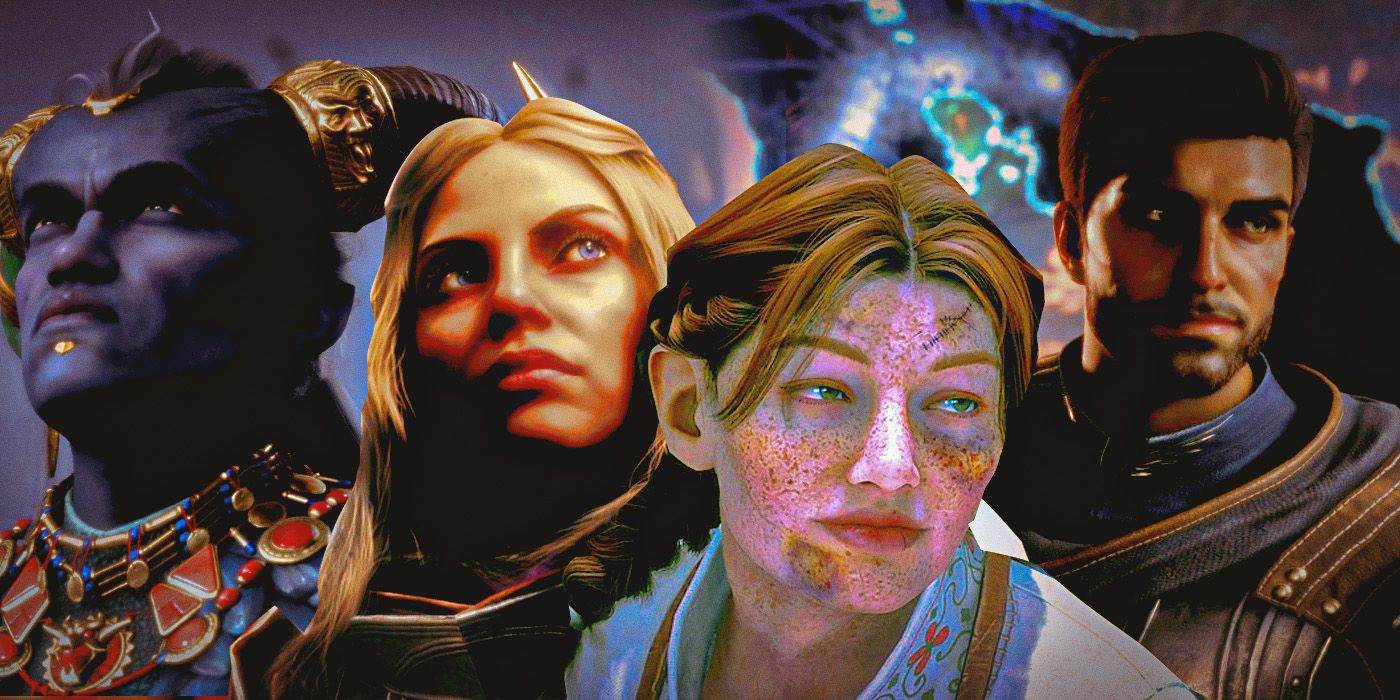 Custom Image by Katarina Cimbaljevic
Custom Image by Katarina Cimbaljevic
There are four playable races in Dragon Age: The Veilguard, each of which has a profound effect on the game. Carrying over the four races from Inquisition, the options available in The Veilguard are human, dwarf, elf, and Qunari. These are referred to in-game as lineages, and chosen permanently at character creation - though the player has the opportunity to alter their character's general appearance at a later time, their lineage is fixed from the very beginning, and can never be changed.
That said, it's important to go into The Veilguard with some knowledge of each lineage's culture. How each race moves throughout the world, and how its members are seen by the rest of society, tie deeply into the main story. Here's everything players need to know about the choice of race in Dragon Age: The Veilguard, and how it impacts class, dialogue, and abilities.
Dragon Age: The Veilguard's Human Race Explained
DA's Youngest Race
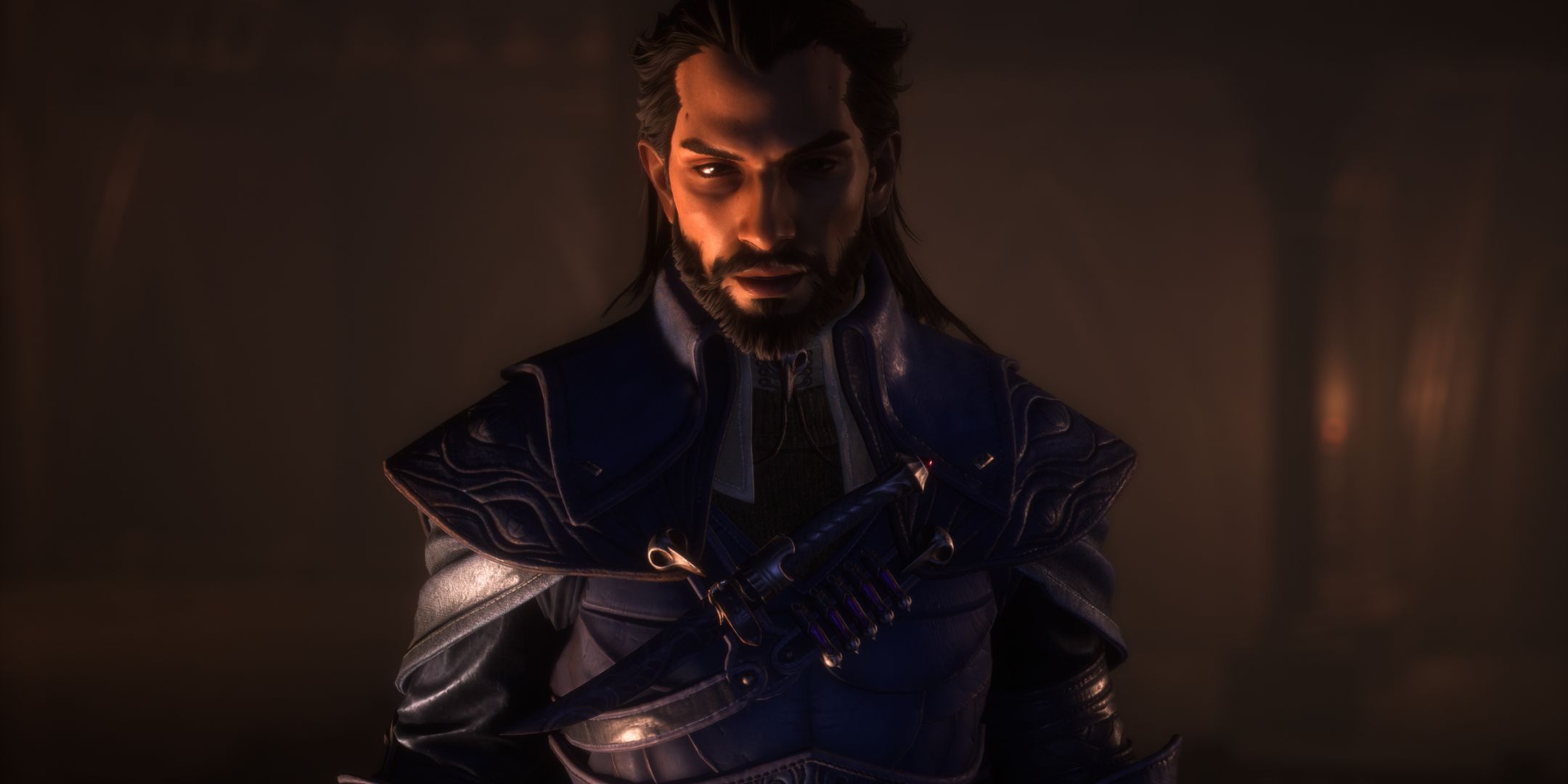
In Dragon Age, humans are just that: members of the same species as every single player. Per the lore, humans are described as a relatively young race, predated by the existence of dwarves and elves. The original humans are believed to hail from Par Vollen, also the homeland of the Qunari, who migrated southward into Thedas some thousands of years ago. These humans eventually divided themselves into four different kingdoms, three of which eventually united to form the powerful Tevinter Imperium, while the fourth, Barindur, was mysteriously lost.
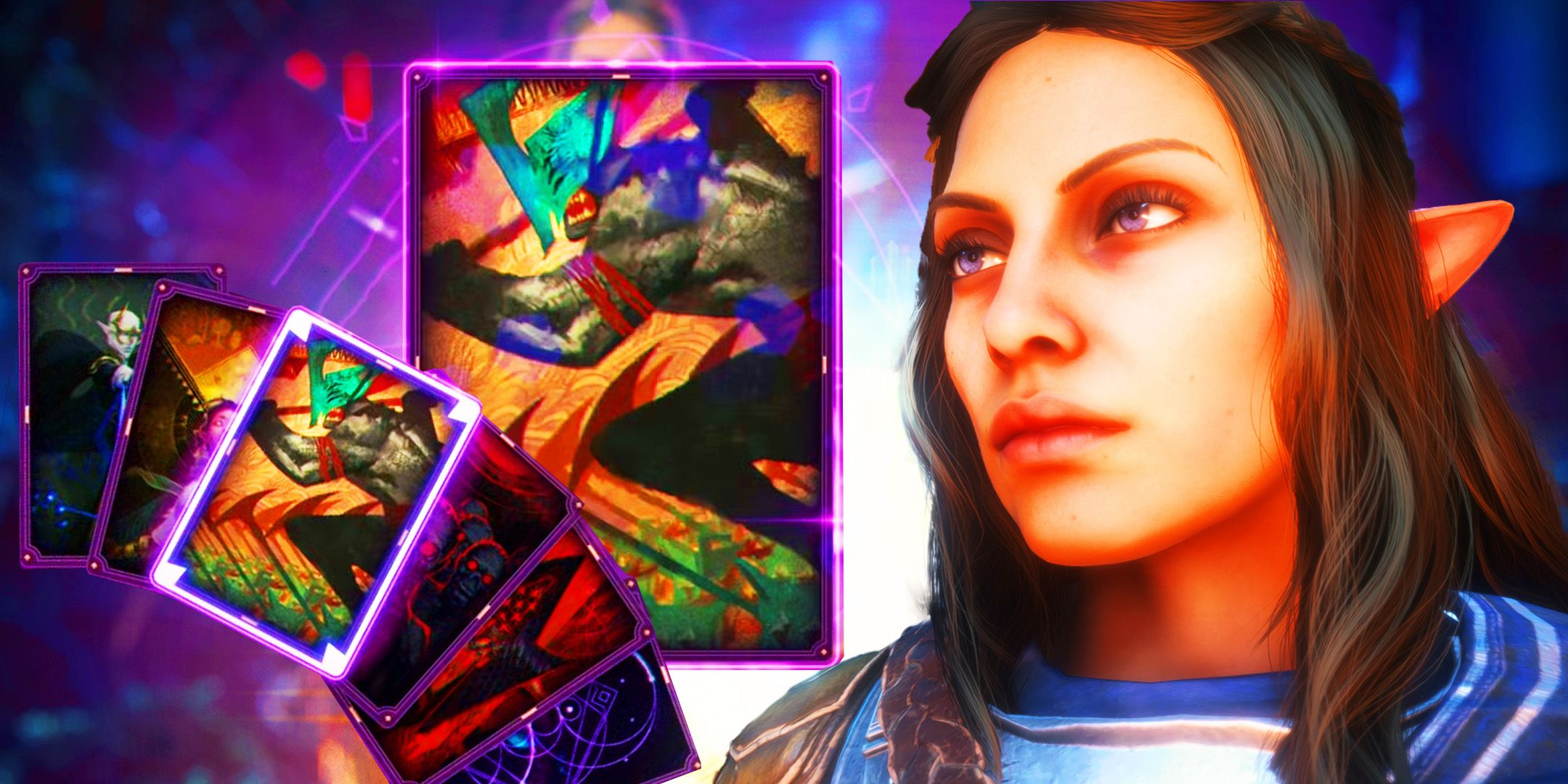
Related
All Dragon Age: The Veilguard Difficulty Settings Explained
Dragon Age: The Veilguard offers players a variety of ways to play, with five curated difficulty settings and one unique customizable difficulty
The first Tevinter humans worshiped the Old Gods, a pantheon of dragons who, it was believed, passed down their knowledge of magic to the first mages. However, its invasion by a barbarian army from the south brought the teachings of Andraste, prophet of the Maker, to humanity. Andrastianism soon became the predominant religion among humans, with its worldly leaders, the Orlesian Chantry, growing into one of the most powerful factions in Thedas.
The Chantry has also historically controlled the Circle of Magi, giving it great dominion over the use of magic in Thedas.
Although most of them share the same religion, humans are spread out and relatively culturally diverse, at least compared to the other playable lineages. Many follow other religions, or consider themselves members of the kingdoms in which they were born or the faction they swear fealty to, rather than a member of the wider human race. This has led to some conflict between humans in different parts of the world.
As a result, some nonhumans look down on humans in a paternal sort of way, believing them ignorant or uncultured due to the relative youth of their society and the differences in their religion. Elves may mistrust humans due to their enslavement at the hands of the Tevinter Imperium. This may affect certain interactions with companions and NPCs.
Humans are, however, one of the most numerous lineages in Thedas. Their widespread nature can also do humans a service, as they may be able to find instant points of commonality with fellow humans based on their knowledge of Andrastianism and human culture in general. Other than occasional human-specific dialogue, though, choosing a human has little effect on gameplay. Humans can play as any of the three available classes, and lineage has no bearing on stats or abilities.
Elves Are Central To The Veilguard's Story
The Veilguard's Elf Race
In appearance, Dragon Age's elves are very typical of the fantasy genre; in every other aspect, they're anything but. For one thing, elves only live as long as humans, and aren't thousand-year-old ethereal beings languishing in ennui. Elves are actually subject to widespread oppression in the world of Thedas, most of which comes at the hands of humans.
Elves once brought a great deal of the continent under their thumb with the advent of the Elvhenan empire. They wielded powerful magic and worshiped their own leaders, the Evanuris, many of whom made claims to divinity. Greedy and power-hungry, the Evanuris sought greater power underground, in the realm of dwarves. But what they eventually found was so terrible that they sealed it away. This sparked a rebellion, led by the trickster god Fen'Harel (also known as Solas), who believed that the false gods' hunger for power would one day lead to disaster, and created the Veil to trap the Evanuris within the Fade.
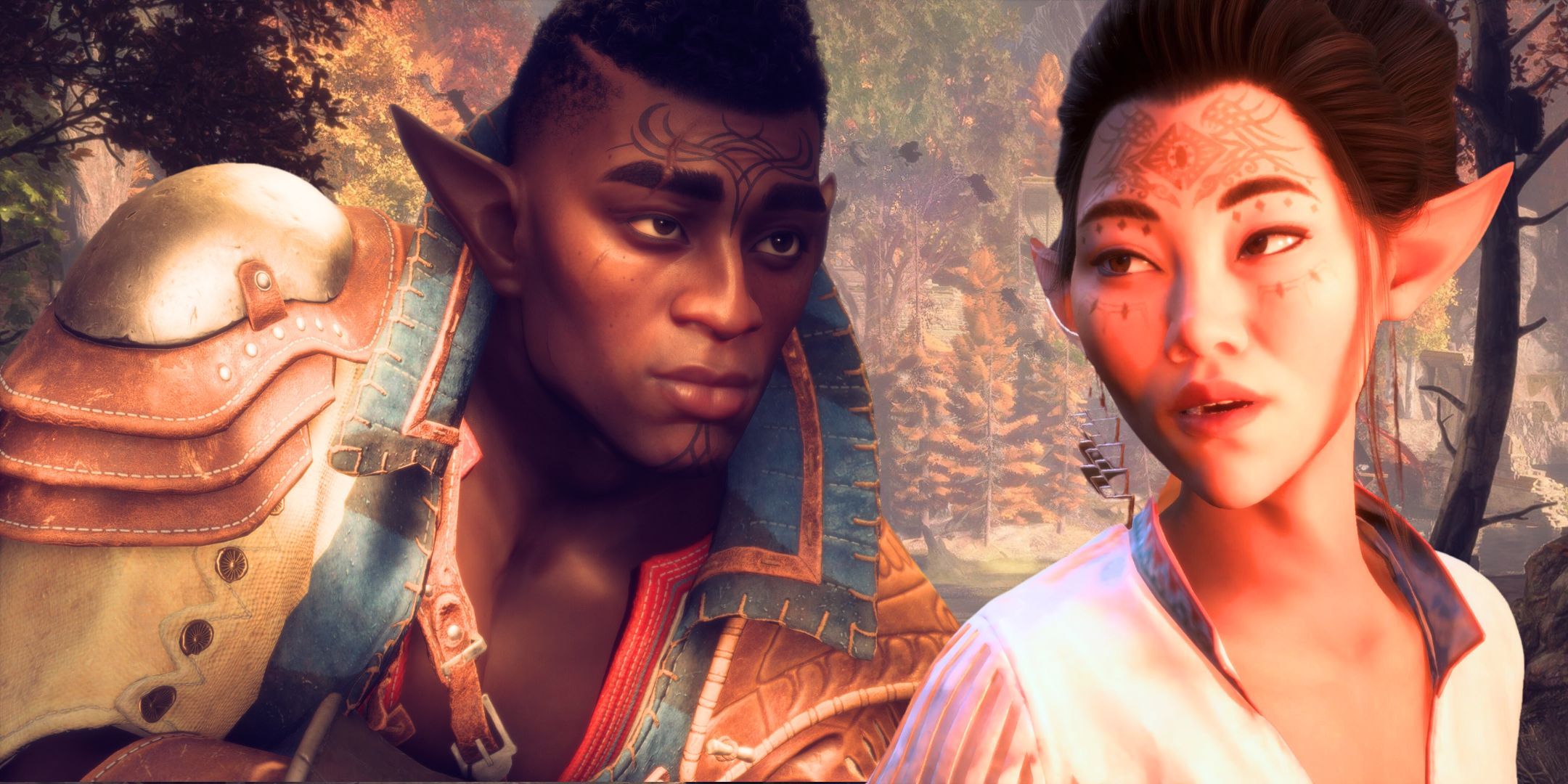
Related
Every Dragon Age: The Veilguard Romance Option, Ranked
The emotional connections formed with NPCs in games like Dragon Age: The Veilguard can significantly enhance the immersion and depth of the game.
When humans first appeared in Thedas, they established a peaceful trade relationship with the elves, but this was destroyed when the Tevinter Imperium sacked the elvish capital city of Arlathan. The elven empire was destroyed. Many elves were (and still are) enslaved by humans, and elven Rooks will doubtless encounter human prejudice as they travel through the world. Eventually, elves split into two factions: the assimilated city elves, and the Dalish, who attempt to keep the ancient elvish traditions and culture alive.
Much of this background is vital to the story of Dragon Age: The Veilguard, which means elves will have an intimate, cultural connection to its events. This means that elves make an excellent choice of lineage for roleplayers; there are lots of ways to slot them into this world, and develop a unique perspective on elvish history. Again, all three playable classes are available to elf characters, and choosing to play as an elf has little effect on gameplay apart from dialogue changes.
Dwarves Have Special Restrictions
Dwarves Can't Use Magic In DA
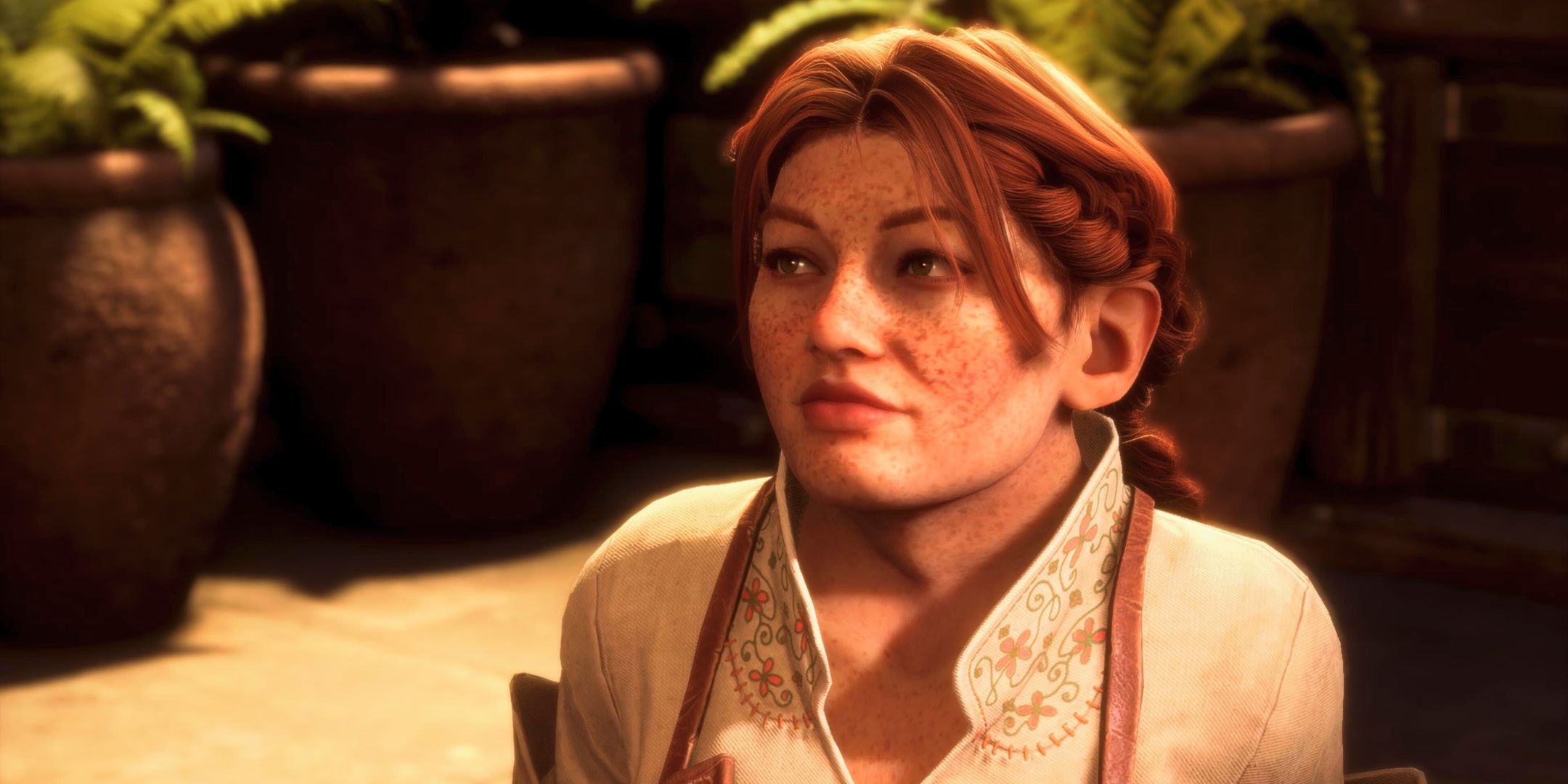
Dragon Age dwarves are a little more typical by fantasy standards. They're short and stout of physique, and historically, have been associated with great underground societies and technological prowess. Dwarves represent the front line of the fight against the darkspawn, humanoid creatures infected with a deadly Taint that turns them into bloodthirsty, mindless monsters. Although the hardy and industrious dwarves have survived for millennia, they're facing a population crisis by the time of Dragon Age: The Veilguard , as continued exposure to the Taint has made many of them infertile.
Dwarves are of uncertain origin, but are known to be one of the earliest-born races in Thedas, credited with inventing its currency, trade, and lingua franca. Their once-great empire made up much of the underground areas of Thedas, but the darkspawn have successfully diminished its power by isolating its disparate kingdoms. Increasing numbers of dwarves have also come to live on the surface due to the ongoing war. Dwarves have always had positive relationships with humans and elves, although many of them were forced to flee when the Tevinter conquest of Arlathan began.
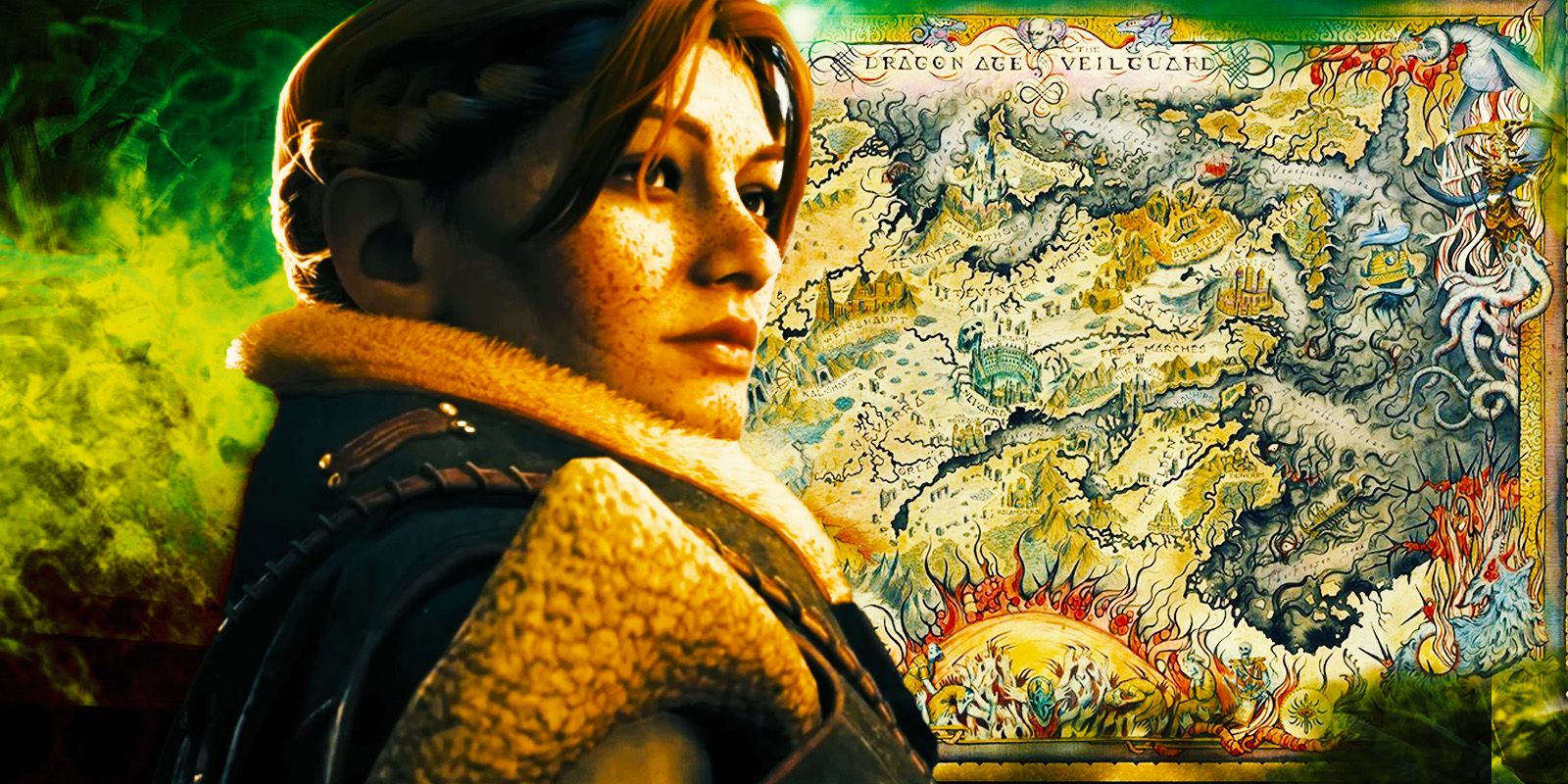
Related
Dragon Age: The Veilguard Map Size Compared To Other Dragon Age Games
Dragon Age: The Veilguard has many regions to explore with fast travel navigation, each providing mysteries to solve and terrifying corruption to end.
Dwarven society is governed by a strict and complicated caste system, presided over by rich and powerful nobles. The dwarven nobility's riches mainly come from selling lyrium, a crystalline substance that allows users to communicate with spirits beyond the Veil, to mages on the surface. This caste system may manifest itself in dialogue throughout The Veilguard; nobles may look down on dwarves who chose to move to the surface.
Beyond the usual dialogue changes, however, playing as a dwarf actually has a significant impact on gameplay: dwarves can't use magic in the world of Dragon Age. This is because they don't dream, and thus don't enter the Fade from which most magical ability is drawn. (Dwarves can technically enter the Fade if they find an entrance, but have no innate ability to create one.) As a result, dwarves can only ever play as warriors or rogues, and can never choose to be mages.
Qunari Are DA's Most Distinct Lineage
Who The Qunari Are In The Veilguard
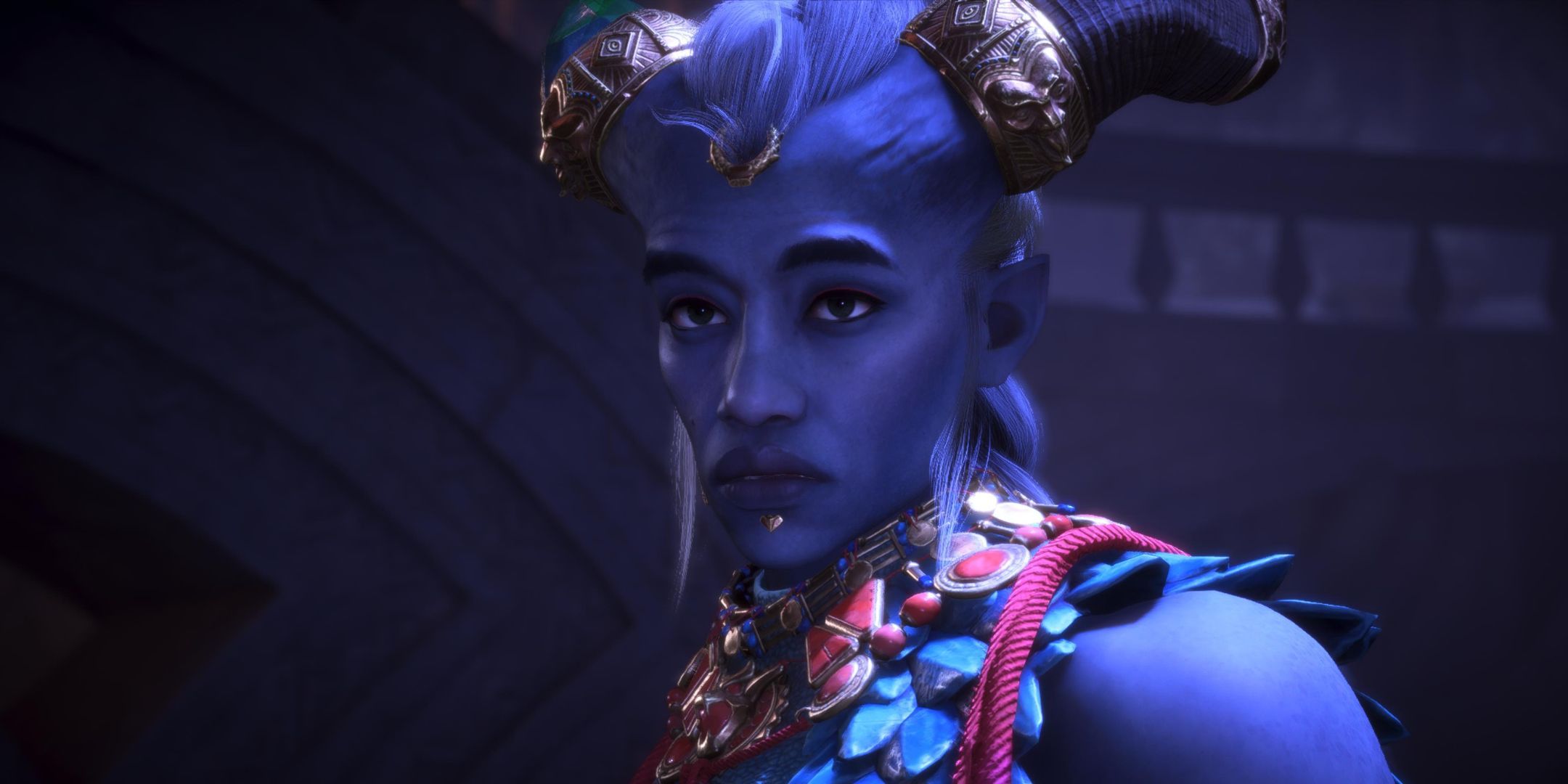
Eagle-eyed readers may have noticed that Qunari is the only race whose name is capitalized throughout this article. That's not a mistake, as Qunari isn't technically the name of Dragon Age's tall, muscular, horned lineage; it instead refers to their religion , Qun. Technically, characters of any race can become Qunari if they accept the teachings of Qun. The race Qun is most closely associated with is actually called kossith, but as they're generally referred to as Qunari both within and outside the Dragon Age setting, that's what they're called here.
Like humans, Qunari are said to have begun their empire in Par Vollen, taking over that peninsula, then coming south to conquer Seheron and much of Rivain, and finally pushing further into Tevinter. This led to the Qunari wars, a series of conflicts between human-led factions and the invading Qunari. Eventually, the humans were able to recapture much of their territory on the mainland. Many Qunari remained living in Tevinter, but were largely seen as outsiders; as a result, Qunari characters may encounter some resistance from prejudiced humans.
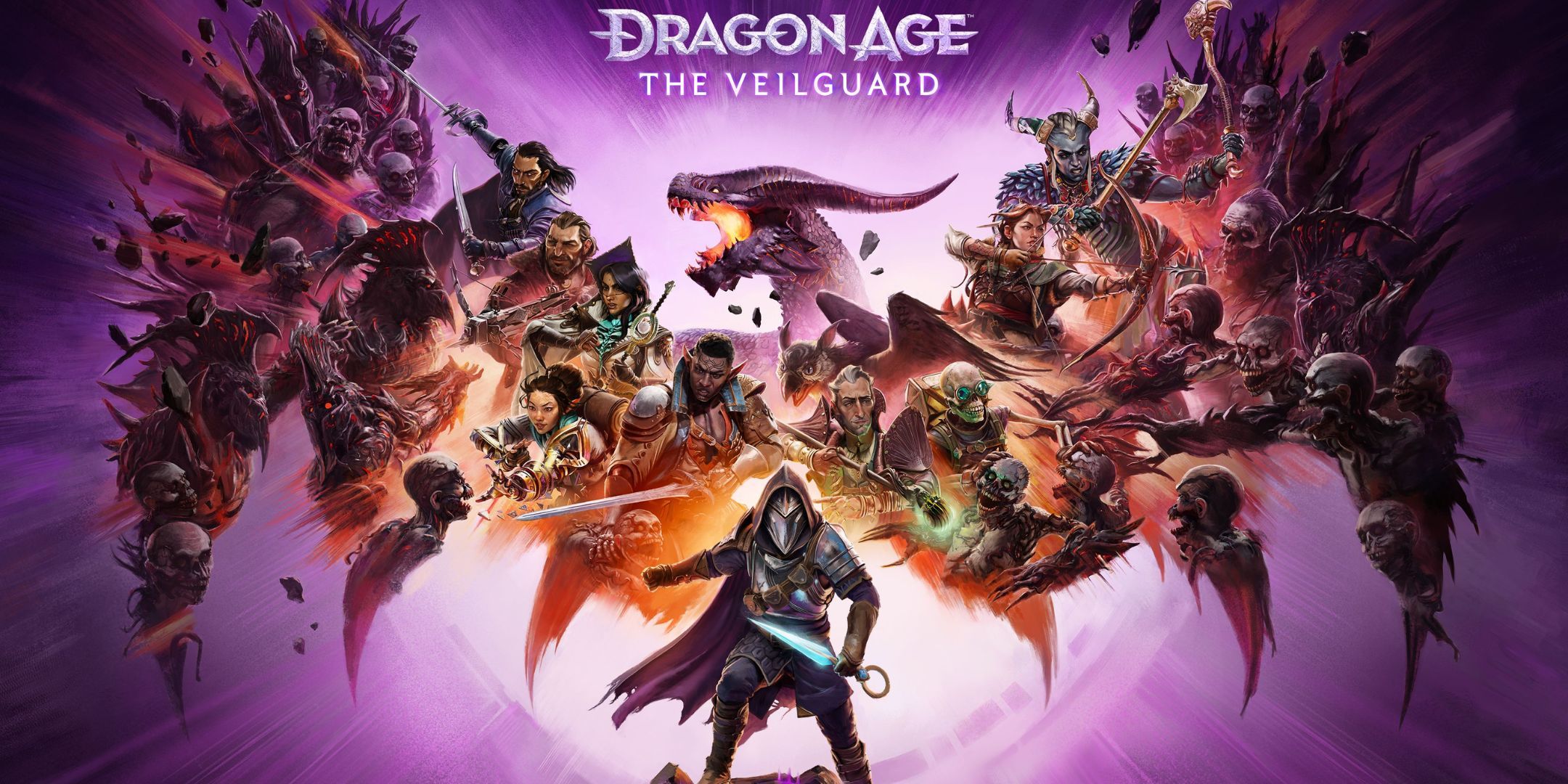
Related
Dragon Age: The Veilguard Review - A Beautiful And Engaging Journey
Dragon Age: The Veilguard continues the story of the Dragon Age series with stunning graphics and deep narratives for large and small quests.
The Qun religion guides much of Qunari society, establishing not only its political philosophy and spiritual belief, but also the order of its society and culture. Qun holds that everything in the world has a predetermined nature; individual choice merely comes down to whether one wishes to live by their assigned nature, or fight against it and disrupt the balance of the world. As such, the Qunari live collectively, and every person, place, and thing is of value to them, so long as it's acting according to its destiny. This makes Qunari outsiders in primarily Andrastinian Thedas.
Qunari believe in the superiority of their philosophy, and that its triumph over all other ideologies, too, is inevitable. As a result, they proselytize whenever and wherever they can, but scarcely resort to violence or coercion. On the contrary, the inevitability of Qun's triumph means that Qunari are typically kind, patient, and understanding with their neighbors. They are not, however, so kind to apostates of the faith, whom they call Tal-Vashoth. Tal-Vashoth are shunned and exiled by greater Qunari society, claiming that it fails to provide a framework for adherents to exist outside of Qun.
These are the basics about all four Dragon Age races, and should provide a solid background to aid players in choosing a lineage for their characters. The rest, players are free to discover as they explore the world of Dragon Age: The Veilguard.
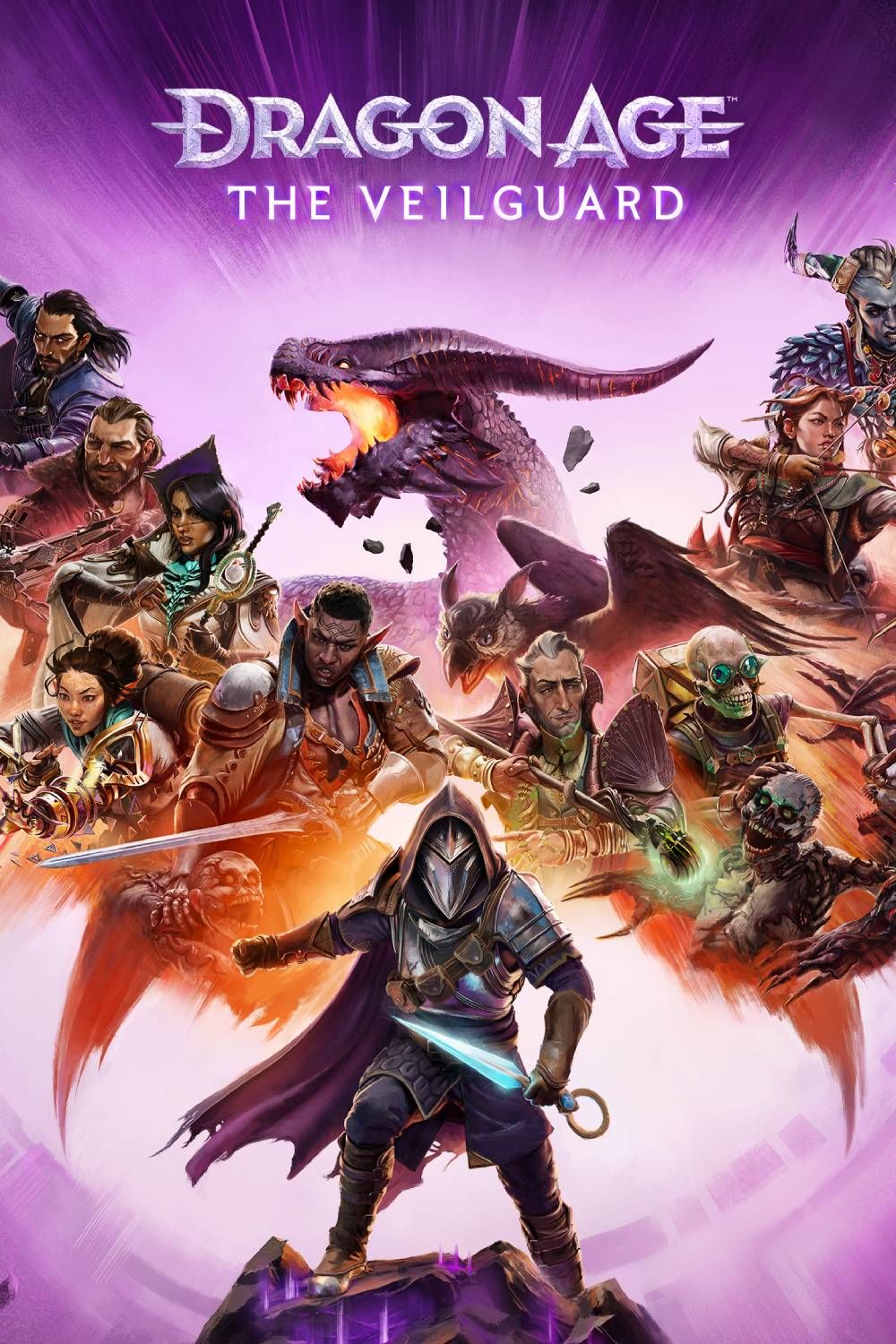
Dragon Age: Dreadwolf is the fourth entry in the Dragon Age franchise and a sequel to 2014's Dragon Age: Inquisition. A classic character, Solas, will return as the new game's antagonist. The game will retain many of the series' staples, such as multiple dialogue options, party choices, romantic options, and more. Dreadwolf will act as the first direct sequel in the Dragon Age franchise.
Released October 31, 2024
Developer(s) BioWare
Publisher(s) Electronic Arts
Engine Frostbite
ESRB M For Mature 17+ // Blood, Nudity, Sexual Themes, Strong Language, Violence
OpenCritic Rating Strong


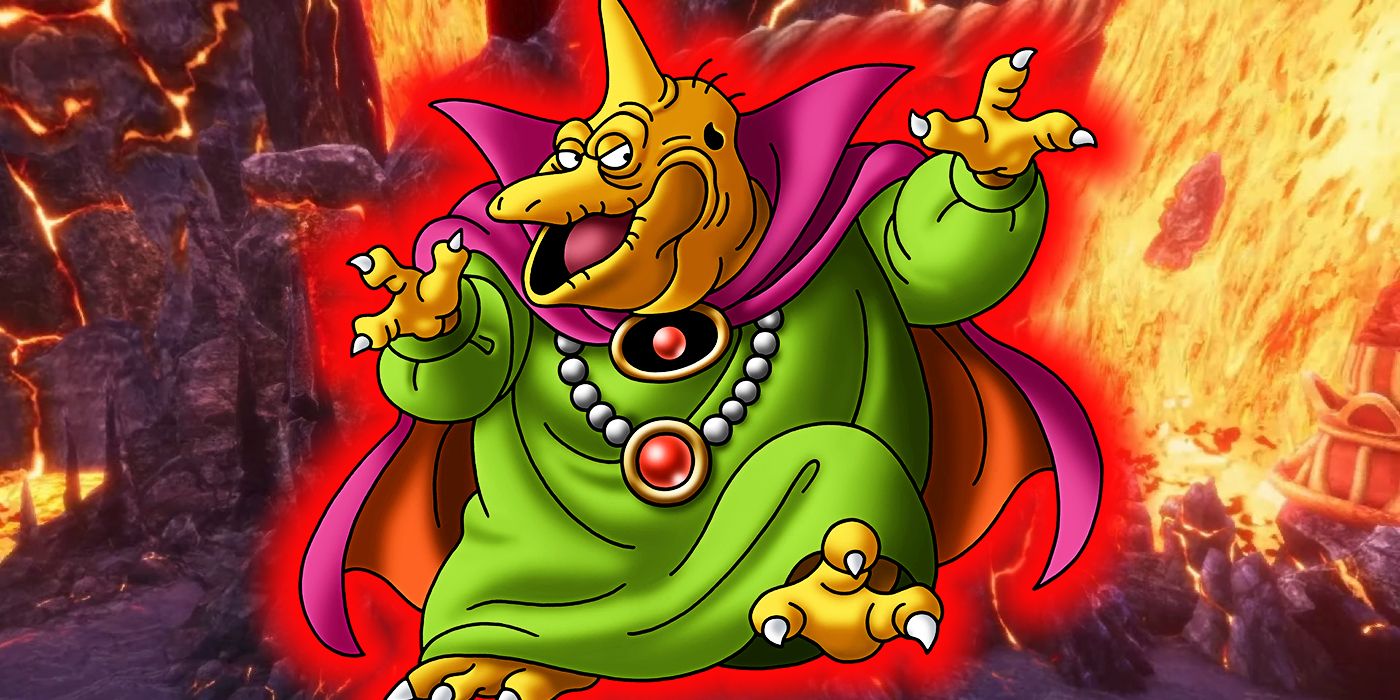
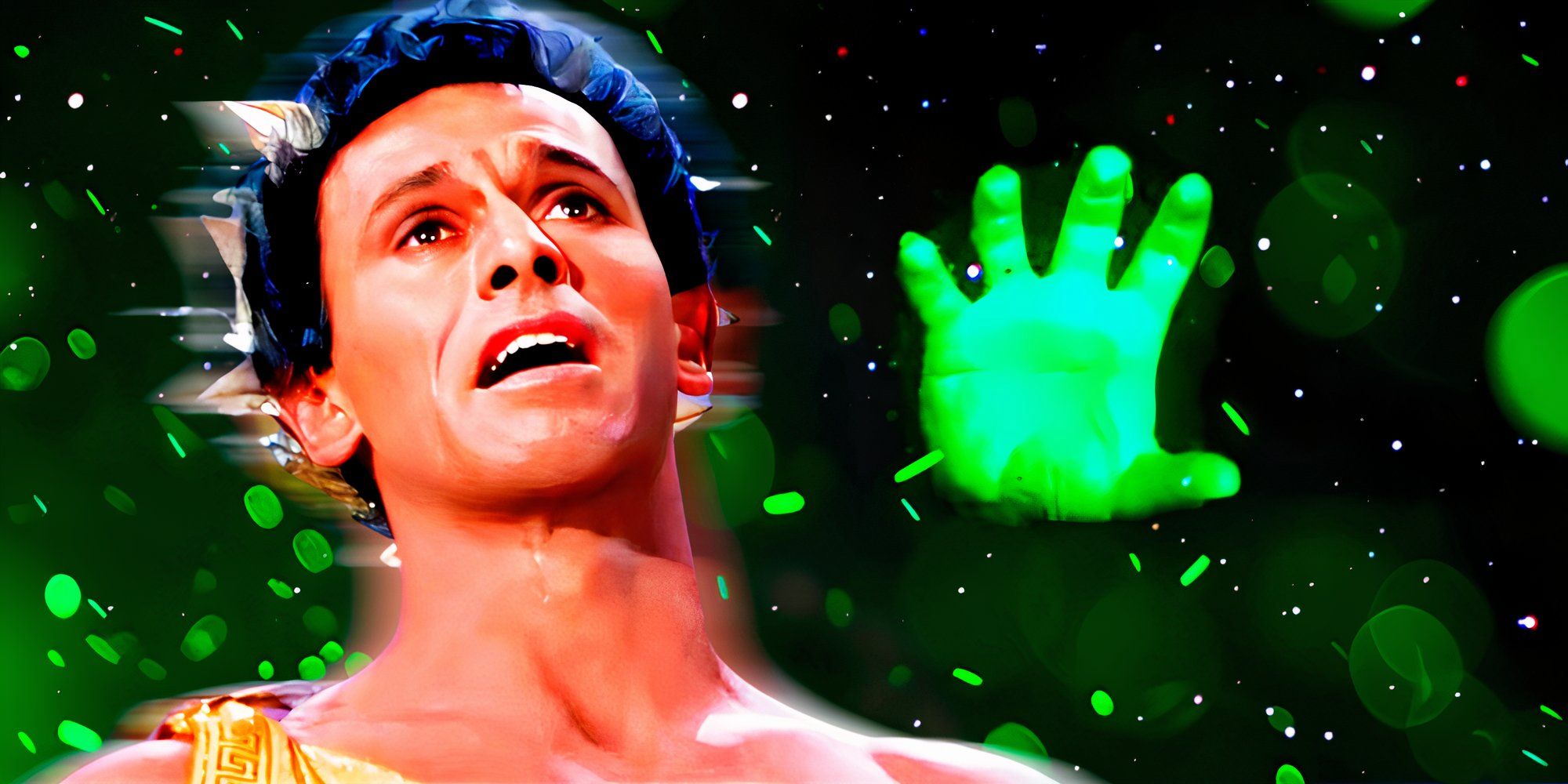
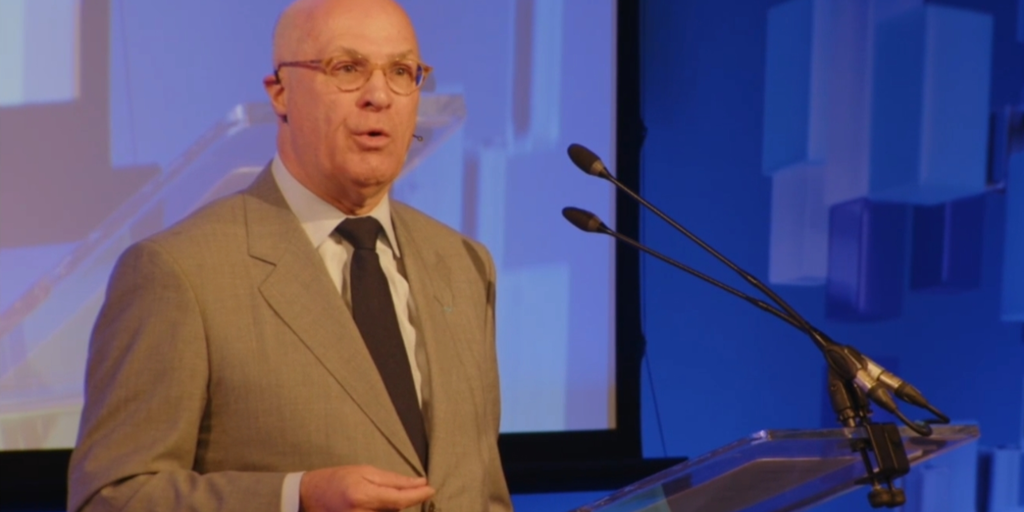


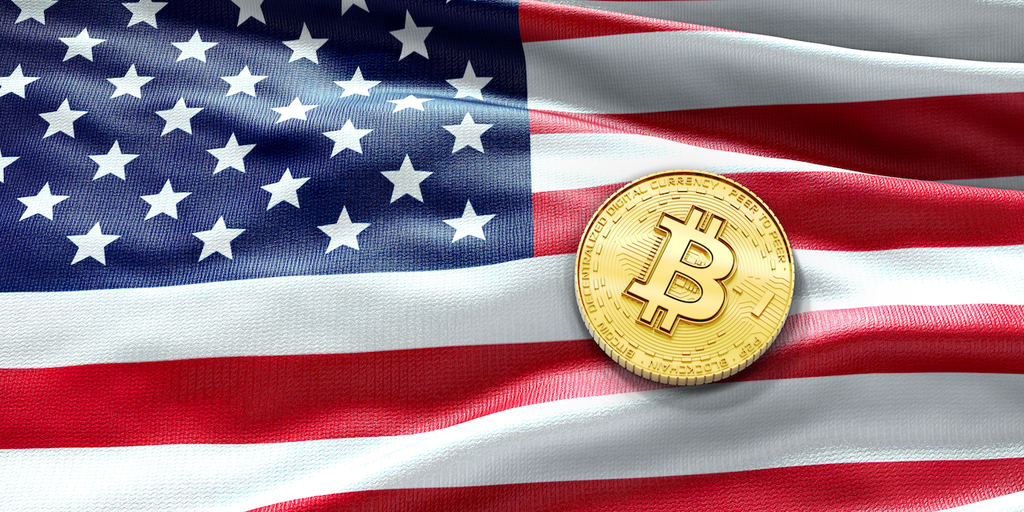

 English (US) ·
English (US) ·